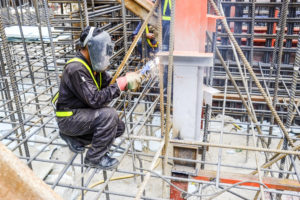
If you’re looking for a job in New Zealand, one of the exciting industries you can get into is construction. It is expected to be one of the fastest-growing sectors as the country copes with a booming population and recovers after the Christchurch earthquake.
But before you decide to join, here are three important things to know about construction:
1. The construction industry is large.
In New Zealand, construction industry covers not only residential and commercial buildings but also roads and network services. Because of this, the laws and regulations on health, safety, and compliance can be complex and challenging. Nevertheless, the country has several industry associations and agencies that can provide more information.
2. Not all types of building work can be done by any worker.
Just because you’re into construction work doesn’t mean you can now take any industry-related job. The country has restricted building work, which refers to jobs that are related to weather tightness and creation of a structurally sound home or building. These projects may include carpentry, bricklaying, roofing, and design. Only licensed building practitioners are allowed to do these. The LBP is then responsible for providing a design work certificate while the council keeps a record of your LBP and the job done.
Nevertheless, you don’t have to aspire to be an LBP before you consider taking certifications like lift certification for construction. Having these can help you land a better job opportunity and definitely a higher salary in the future. It also gives you an edge over other workers, which is important as competition is tough in the industry.
3. Local councils can also have their own construction regulations.
In Auckland, for example, all types of construction work will require a building consent and a particular noise level. The allowable noise level depends on the day of the week and location of the site. In residential areas, no noise is allowed on public holidays and Sundays while construction work is permitted from 7.30 a.m. to 6 p.m. Monday to Friday.
With these three things in mind, you’ll be more prepared to join the thriving industry and make it a lifelong career.

